Curiosity and humility
It’s easy for conversations to become politicized these days. A discussion of vacation plans turns to vaccines and masking; a comment about the weather turns to climate change; a concern about how remote learning is affecting students becomes a debate about lockdown policies. In other words, even the most innocuous subjects can quickly turn political.
This often leads to a high level of discomfort. Either we’re put off by the response of the other person, or we feel defensive about our own point of view, or we’re simply exhausted from the politicization of everything.
Discussions seem to quickly fall into binary positions: it’s either this, or that. It’s like when a vehicle falls into two well-worn ruts in the road, and it’s hard to guide the vehicle in a new direction. But it is possible to guide it out of the rut if we know what to do.
I’ll be giving a workshop on this topic through Purdue University titled: “Using Intercultural Skills to Improve Politicized Conversations.” My workshop will be one of eight in the summer program of the Center for Intercultural Learning, Mentorship, Assessment, and Research (CILMAR) at Purdue. Check it out and sign up if you are interested!
I will demonstrate how a particular set of skills helps us cultivate equanimity and openness, without subjecting ourselves to vitriol. These skills lead to more understanding and connection, even as we disagree. And these skills are applicable to any interaction, not just political ones.
One of the biggest misconceptions about our current political quagmire is the belief that we understand the other side and their motivations — i.e., the motivations of vast numbers of people. Nothing could be further from the truth, and this misconception leads us farther and farther down a deep hole.
As Jonathan Haidt wrote in his most recent article:
“The story of Babel is the best metaphor I have found for what happened to America in the 2010s, and for the fractured country we now inhabit. Something went terribly wrong, very suddenly. We are disoriented, unable to speak the same language or recognize the same truth. We are cut off from one another and from the past.”
To communicate effectively, we must first recognize the extent to which we are, or are not, speaking the same language and ascribing the same meaning to words. If we are not, then we are talking past each other. And we may recognize a truth while someone else recognizes a different truth. In simplistic terms it seems that it must be one or the other, but when we explore complexity and nuance, we see more opportunities for both/and scenarios.
As I said in my TEDx Talk last year, we may see certain pieces of a puzzle very clearly and believe that we see the whole picture, when in fact, we may only be seeing a very small corner of the puzzle and have no idea how much else there is to see and understand. Our extrapolations from what we know often lead us astray.
When we cultivate curiosity and humility — curiosity to learn more, and humility about how much we do not fully grasp — then we are fostering connections between people and ideas, and as such, we contribute to the betterment of our society. Without these two elements, we inadvertently fuel the fires of polarization.
To depolarize and move our society back from the brink, we don’t have to sit down with our political opposite and discuss politics if we don’t want to. It’s enough to simply bring curiosity and humility to discussions on our own side, and to acknowledge that there is more to uncover and understand. That is the meaning of true open-heartedness.
If you only do one thing to make this world a better place, let it be this.
———
Copyright © 2022 Sharon V. Kristjanson. All rights reserved.

